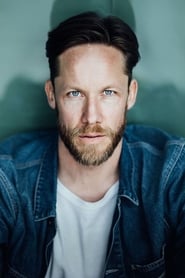
The Final Twist(2022)
After three unsuccessful attempts at the Olympics, the 30-year-old Aljona Savchenko finally wants to win a gold medal with a new partner in four years. A rather bold plan, especially since the young Frenchman Bruno Massot, chosen by the German-Ukrainian ice princess, has no international successes in pairs figure skating. He moves to Germany and has no idea of the manic perfectionist he's getting involved with. Aljona's training is tough. Constant disputes about the right course threaten to bring the project to failure. Two completely different characters collide. However, the team of trainers manages to calm things down. February 2018: The competition at the Winter Olympics in South Korea begins with the short program. Inexplicably, Bruno blunders and the pair sit fourth by a wide gap. Gold is hardly possible anymore. It only remains for them to show the world their unique free skating. Their intoxicating, perfect run will go down in history. It will be the free skating of their life!




Movie: The Final Twist
Top 10 Billed Cast
Self - Portrait Subject
Self - Portrait Subject
Self - Interviewee
Self - Interviewee
Self - Interviewee
Self - Interviewee
Self
Self
Self - Narrator (voice)
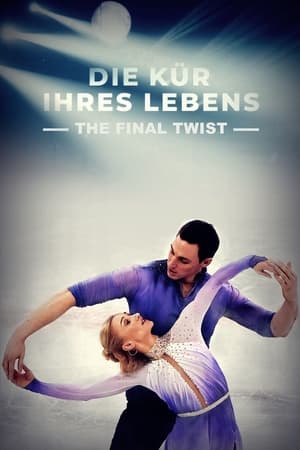
Die Kür ihres Lebens
HomePage
Overview
After three unsuccessful attempts at the Olympics, the 30-year-old Aljona Savchenko finally wants to win a gold medal with a new partner in four years. A rather bold plan, especially since the young Frenchman Bruno Massot, chosen by the German-Ukrainian ice princess, has no international successes in pairs figure skating. He moves to Germany and has no idea of the manic perfectionist he's getting involved with. Aljona's training is tough. Constant disputes about the right course threaten to bring the project to failure. Two completely different characters collide. However, the team of trainers manages to calm things down. February 2018: The competition at the Winter Olympics in South Korea begins with the short program. Inexplicably, Bruno blunders and the pair sit fourth by a wide gap. Gold is hardly possible anymore. It only remains for them to show the world their unique free skating. Their intoxicating, perfect run will go down in history. It will be the free skating of their life!
Release Date
2022-02-03
Average
0
Rating:
0.0 startsTagline
Genres
Languages:
EnglishFrançaisDeutschKeywords
Similar Movies
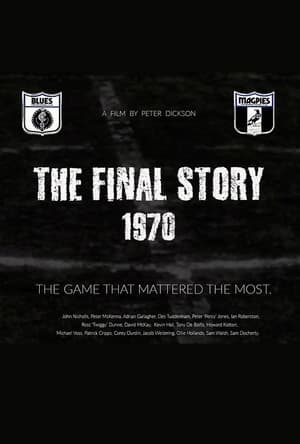 0.0
0.01970 | The Final Story(en)
Produced by Peter Dickson, watch the definitive story of the 1970 VFL Grand Final, from those who lived it.
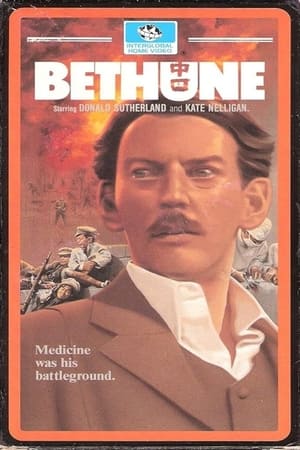 5.7
5.7Bethune(en)
Based on the true story of Canadian doctor Norman Bethune, this film traces his life from his beginnings with his deeply religious family in Ontario, through his medical studies in school, where he developed his overwhelming compassion for those less fortunate, and his driving desire to see that they get the medical attention they need. Most of his life after college was spent either working in war zones around Europe or developing new treatment techniques in his home country.
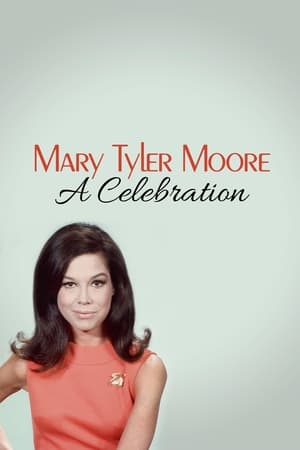 10.0
10.0Mary Tyler Moore: A Celebration(en)
Not only did Mary Tyler Moore “turn the world on with her smile,” as her show’s theme song declared, she also influenced a generation of women to become more independent and to pursue successful and fulfilling careers. Moore’s own 50-plus-year career has spanned award-winning films and Broadway shows, as well as two beloved television series that broke ground and continue to entertain viewers. This one-hour special includes highlights from a recent interview with Mary Tyler Moore, tributes from her co-stars and clips from iconic moments throughout her career. The program looks at her breakthrough role on The Dick Van Dyke Show, her iconic turn as TV's first independent career woman on The Mary Tyler Moore Show and her Academy Award-nominated work on Ordinary People.
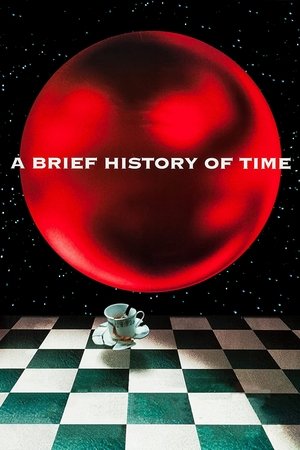 7.2
7.2A Brief History of Time(en)
This shows physicist Stephen Hawking's life as he deals with the ALS that renders him immobile and unable to speak without the use of a computer. Hawking's friends, family, classmates, and peers are interviewed not only about his theories but the man himself.
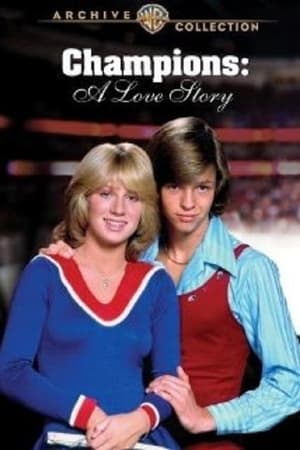 5.8
5.8Champions: A Love Story(en)
Two teens become romantically involved as they train for a skating championship.
 6.0
6.0Miracle on Ice(en)
The story of the 1980 United States Olympic hockey players, a group of amateurs from around the country who were whipped into a cohesive unit by controversial coach Herb Brooks to win a gold medal at Lake Placid during the winter games.
Guys Like Us(en)
Jim Plunkett never backed down from adversity. Despite being a major high school recruit, Plunkett’s freshman year at Stanford was a letdown, and his coach tried to replace him at quarterback. He refused to be taken out and eventually became a standout at Stanford, winning the Rose Bowl and Heisman his senior year. The start to his pro career was not very different from his turn in college, starting off slow, being traded to several teams, and eventually landing a backup position with the Raiders. It was only when the starting quarterback got injured that Plunkett was thrust into the role, and ended up leading the Raiders to two Super Bowl victories.
Go, Sebastien, Go!(en)
On June 11, 2013, Sebastien de la Cruz stepped onto center court, dressed in his traditional mariachi charro suit, to sing the national anthem before Game 3 of the NBA Finals between the San Antonio Spurs and the Miami Heat. Sebastien’s performance ignited racial tweets and hate-filled comments, but when he returned for Game 4 to sing once again, the cheers in the stands turned from “Go Spurs Go” to “Go Sebastien Go!”
Rebel on Ice(en)
Figure skater Surya Bonaly is most remembered for her amazing one-bladed back flip at the 1998 Winter Olympics, being the only skater to ever complete one in competition at the Olympics. Despite landing the flip on one skate, the judges ruled the move illegal. Bonaly did not medal, but the champion did go out on her own terms, a true “Rebel on Ice.”
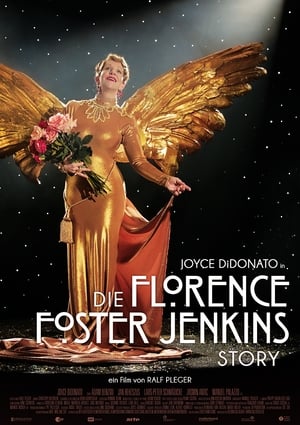 5.6
5.6The Florence Foster Jenkins Story(de)
Florence Foster Jenkins is known as "the worst singer of all times" and yet she is a cult figure whose recordings still outsell many contemporary singers. Opera superstar Joyce DiDonato interprets the flamboyant "queen of dissonance". The involvement of the celebrated virtuoso makes it possible to contrast two different musical perspectives and gives viewers a vivid impression of the film's key conflict between inner delusion and external reality.
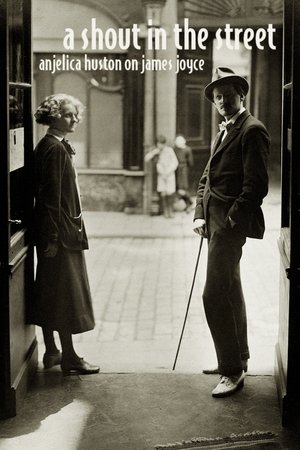 0.0
0.0Anjelica Huston on James Joyce: A Shout in the Street(en)
An account of the life and work of Irish writer James Joyce (1882-1941) narrated by US actress Anjelica Huston.
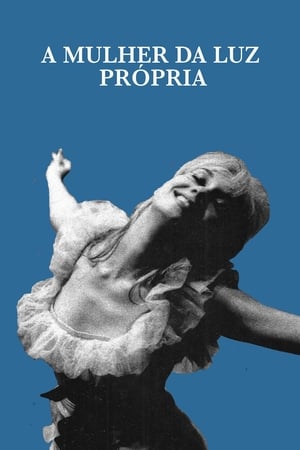 8.0
8.0A Mulher da Luz Própria(pt)
Helena Ignez is one of the main female figures of Brazilian cinema. She developed a new style of acting. Nowadays, she directs independent films. The documentary tells some of the History of Brazilian cinema, its political context and Helena's trajectory.
 7.5
7.5Grizzly Man(en)
Werner Herzog's documentary film about the "Grizzly Man" Timothy Treadwell and what the thirteen summers in a National Park in Alaska were like in one man's attempt to protect the grizzly bears. The film is full of unique images and a look into the spirit of a man who sacrificed himself for nature.
Eric Bristow: Arrogant, Irresponsible Genius(en)
Documentary about darts legend Eric Bristow.
Darts Tarts – Welcome to my World(en)
Jacques Peretti sets out to find out what happened to the game that obsessed him as a kid. In this documentary, he presents an eye-opening account of the sport's heady popularity in the 1970s and 1980s.
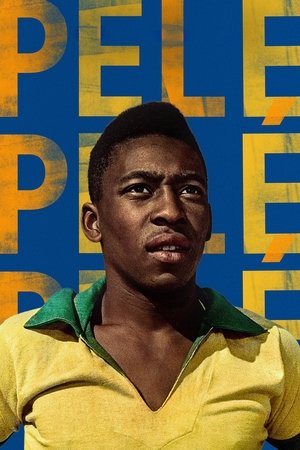 7.3
7.3Pelé(pt)
Against the backdrop of a turbulent era in Brazil, this documentary captures Pelé's extraordinary path from breakthrough talent to national hero. Mixing rare archival footage and exclusive interviews, this documentary celebrates the legendary Brazilian footballer who personified football as art.
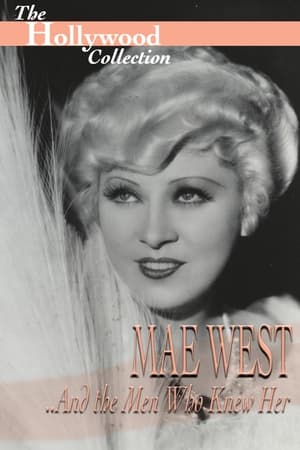 0.0
0.0Mae West and the Men Who Knew Her(en)
As the first "blonde bombshell," Mae West reigned supreme and changed the nation's view of women, sex and race — on stage, in films, on radio and television.
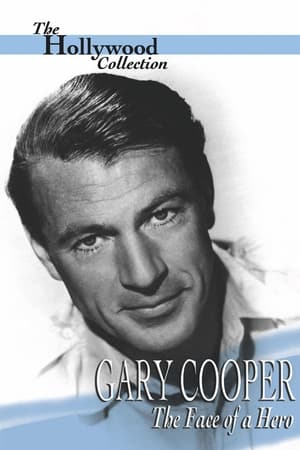 7.0
7.0Gary Cooper: The Face of a Hero(en)
Known for his personification of the Western Hero, it was Montana-born Gary Cooper's horse-riding skills that first brought him bit parts in movies. And he never lost his love of the great American outdoors. Though he rarely played a villain and was an adept comedian, Cooper is best remembered for his strong, silent heroes. With his lanky country boy looks and shy hesitancy he created a unique screen presence, though his real life was one of sophisticated elegance.
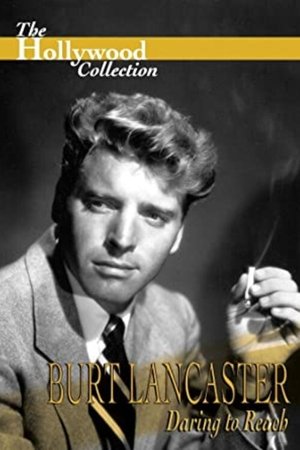 7.0
7.0Burt Lancaster: Daring to Reach(en)
He went from street-wise tough to art-collector liberal-activist, from circus-acrobat hunk to Academy Award winner. Burton Stephen Lancaster — later Burt Lancaster — was one of five children of a New York City postal worker. By eighteen, Burt was 6'2" and blessed with the athletic physique and dynamic good looks that helped make him famous. A stint in the Army introduced Burt to acting and led him to Hollywood where his first release, "The Killers" (1946), propelled him to stardom at age 32. He took control of his own career and seldom faltered.
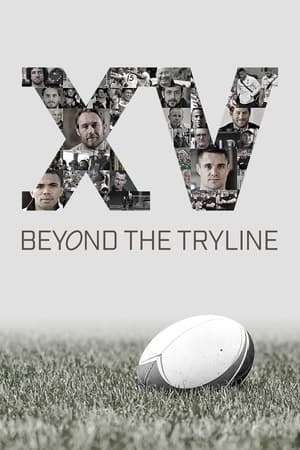 7.5
7.5XV Beyond the Tryline(en)
A behind the scenes look at the sport of rugby with the 2015 Rugby World Cup as a backdrop, featuring interviews from players, coaches, referees and fans.
